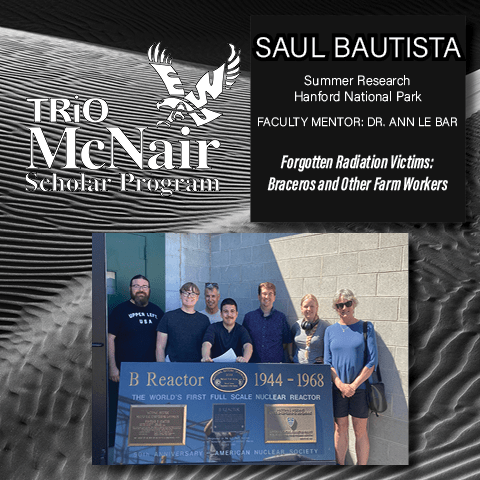Saul Bautista
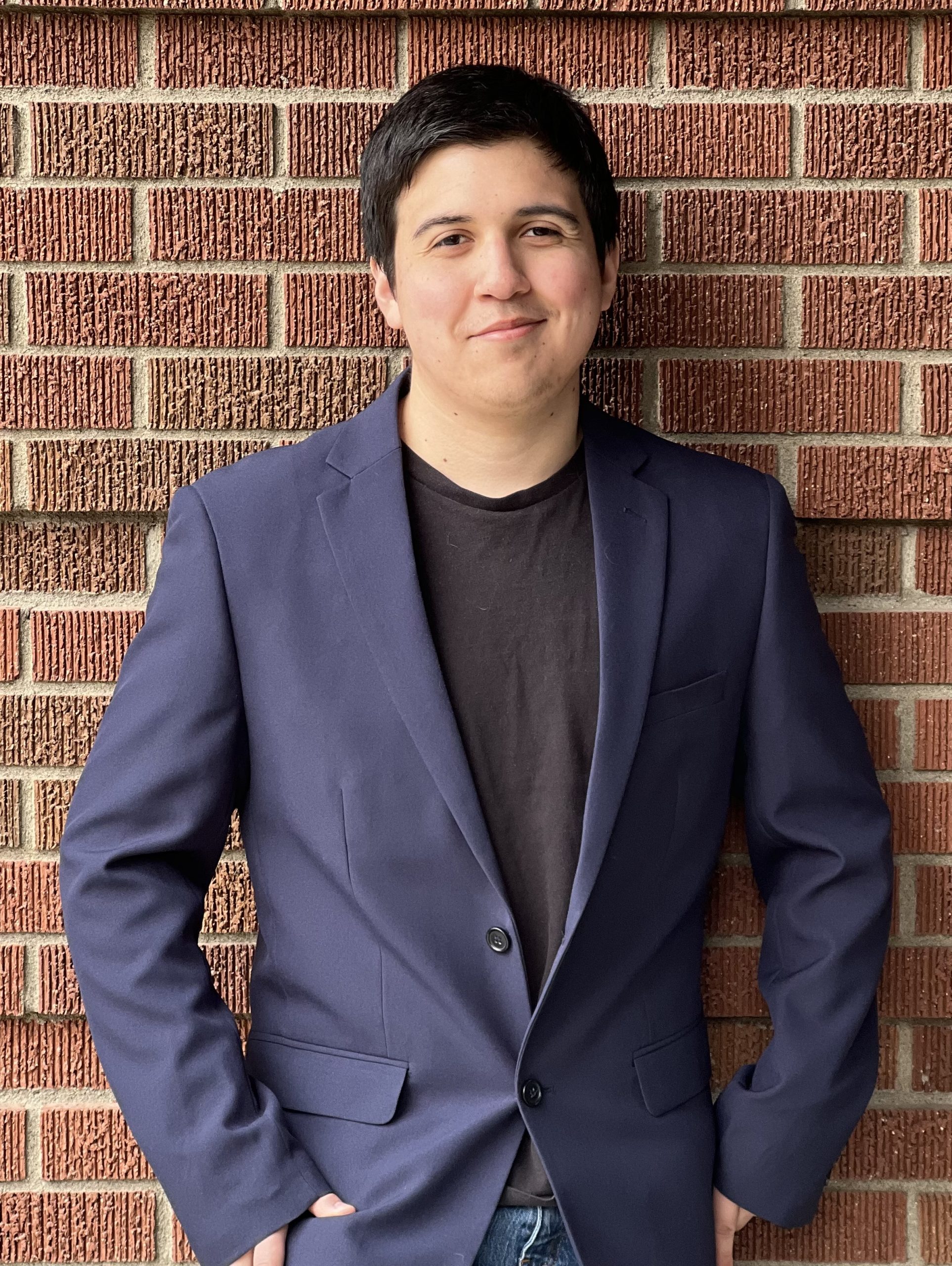
Saul Bautista graduated from Eastern Washington University in 2023 with a BA in History. He earned his AA degree at Spokane Falls Community College. He has concentrated his studies in the historical socio-political climate of Latinoamerica’s diverse cultures. For his research project in the summer of 2022, he worked under the mentorship of Dr. Joseph Lenti. Using well-rounded sources, Saul researched the history of the multiple governments of Central America, focusing on how the educational system of Honduras actively tries to undermine the presence of the native Americans in the history of the country, and the treatment of the indigenous people in the region by the Honduran government. He plans to obtain a PhD in History.
Saul presented this research at the McNair Research Symposium and EWU’s Symposium (2022). An updated presentation, Honduran Tribes and their Historical Erosion, was given at EWU Symposium (2023) with mentor Joseph Lenti. This research project prepared Saul for graduate level work. Saul presented his paper, A Different View of the Rising Sun, at the Southeastern Council of Latin American Studies (SECOLAS) in Asheville, North Carolina (2023) and at the Phi Alpha Theta Conference (2024).
2023 EWU Faculty Research Mentor: Dr. Ann C. Le Bar
Research Title: Forgotten Radiation Victims: Braceros and Other Farm Workers
Vignette: The year was 1964 and a young woman named Maria Nicasio arrived in Prosser, Washington hoping to start a new life with her parents and siblings. The weather was nice and there were plenty of opportunities for work. She got a job as a farm worker in the asparagus crops in nearby Benton City. While Maria and her family worked by the Yakima River, they also drank from and bathed in it and ate the raw asparagus and other crops they were harvesting.She did not know it at the time but living and working as agricultural laborers just miles from the plutonium production facility at Hanford would have severe health consequences for herself and her family.
2022 EWU Faculty Research Mentor: Dr. Joseph Lenti
Research Title: El Indio Desplasado: The Systematic Displacement of Native People in Honduran History
Abstract: This research project assesses the problematic way in which the public education system of Honduras has historically depicted Indigenous peoples of the nation. Most importantly, it demonstrates that the Honduran government, through public education textbooks, has actively perpetuated the idea that native peoples are gone – that they are but another page in the books of history. The goal of this investigation is to understand how this form of misinformation has succeeded to influence generations of Hondurans and caused them to largely believe that indigenous people are not active participants in that society today.
This research project contends that an intentional and active campaign to minimize the historical significance of indigenous peoples in Honduras has popularly minimized the importance of the local tribes in the national history. Moreover, this research highlights how the historical minimizing of the indigenous presence in Honduras contributes to contemporary discrimination and repression toward native people.
This research project uses public education textbooks produced by the Ministry of Education. Additionally, this study incorporates into its analysis oral interviews with educators and scholars including an anthropologist who has worked and interacted with local tribes in Honduras. And lastly, secondary sources are reviewed to bolster this project’s conclusions.
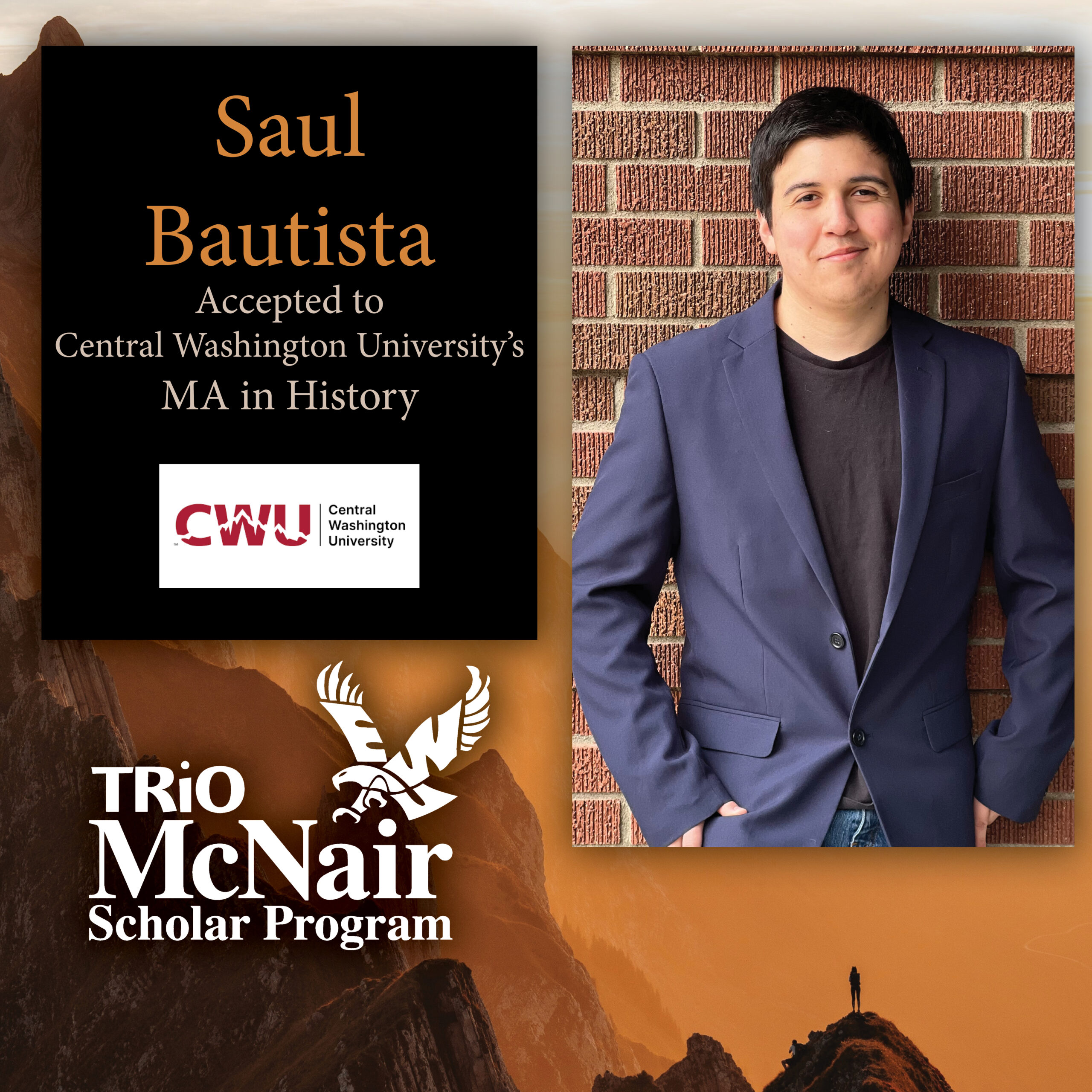
McNair Alumni Saul Bautista Accepted to Central Washington University MA in History
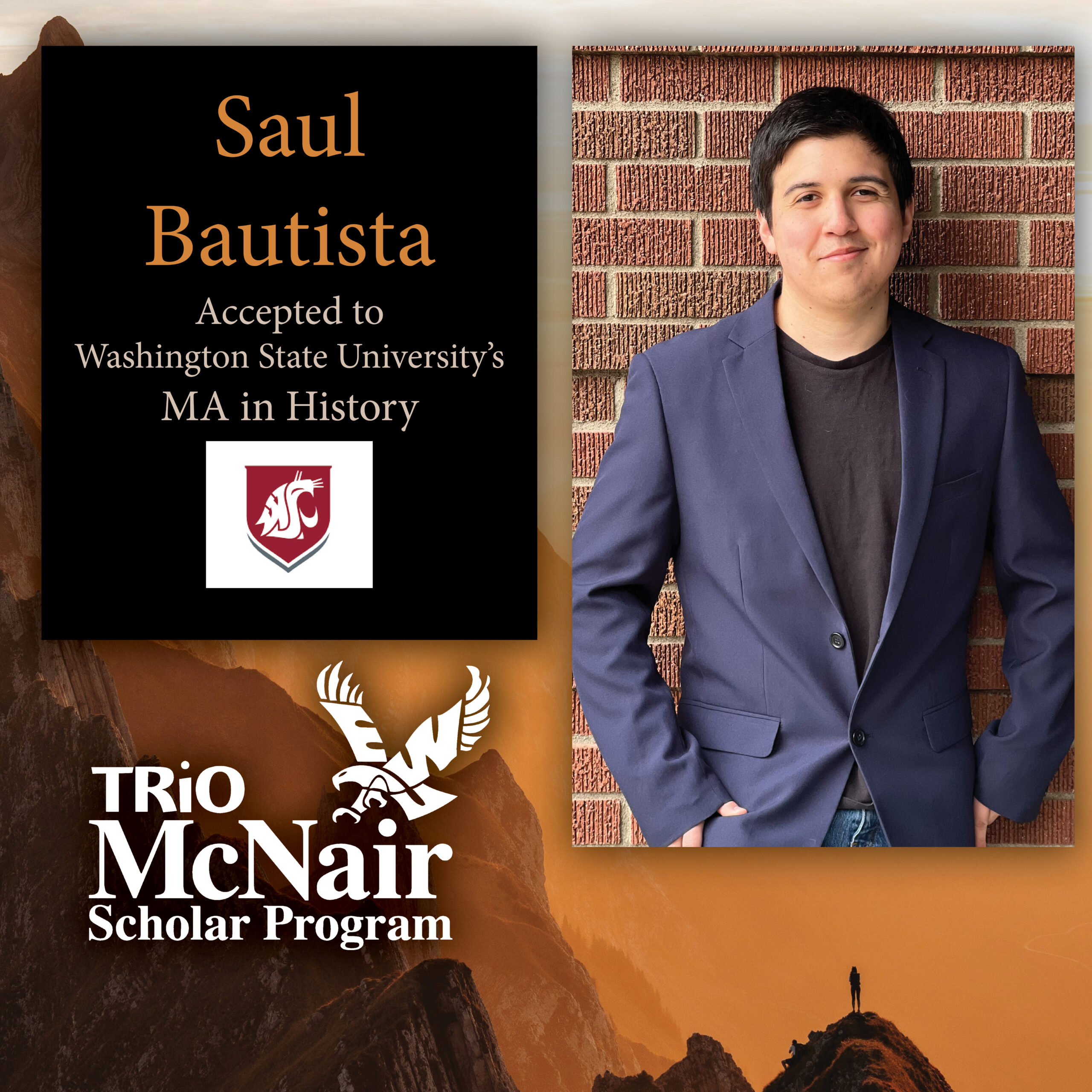
McNair Alumni Saul Bautista Accepted to Washington State University MA in History
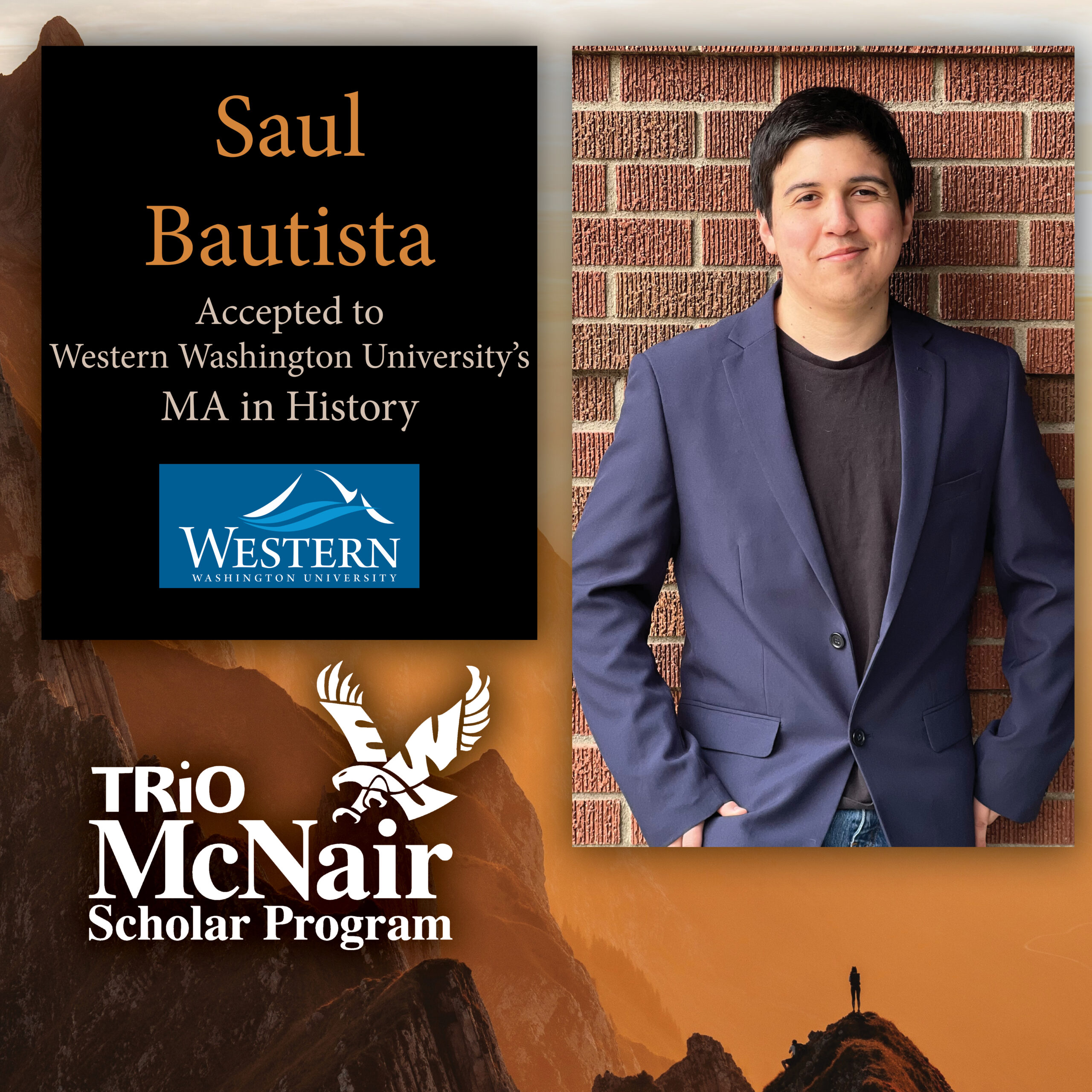
McNair Alumni Saul Bautista Accepted to Western Washington University MA in History
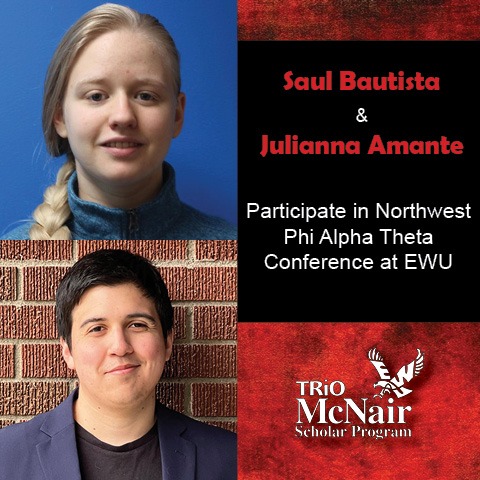
EWU McNair Scholars Present & Volunteer at Phi Alpha Theta Conference
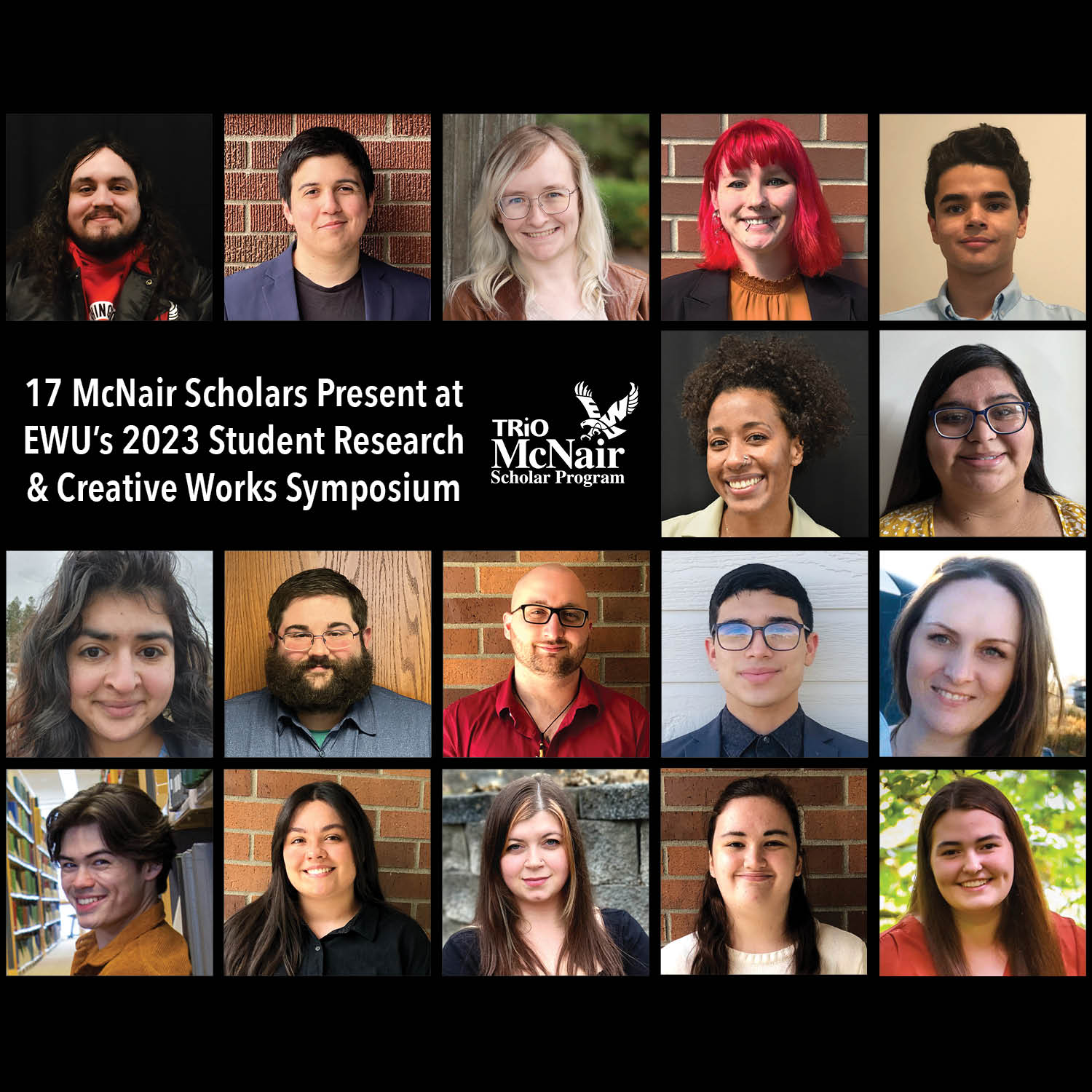
17 McNair Scholars Present at EWU’s 2023 Student Research & Creative Works Symposium
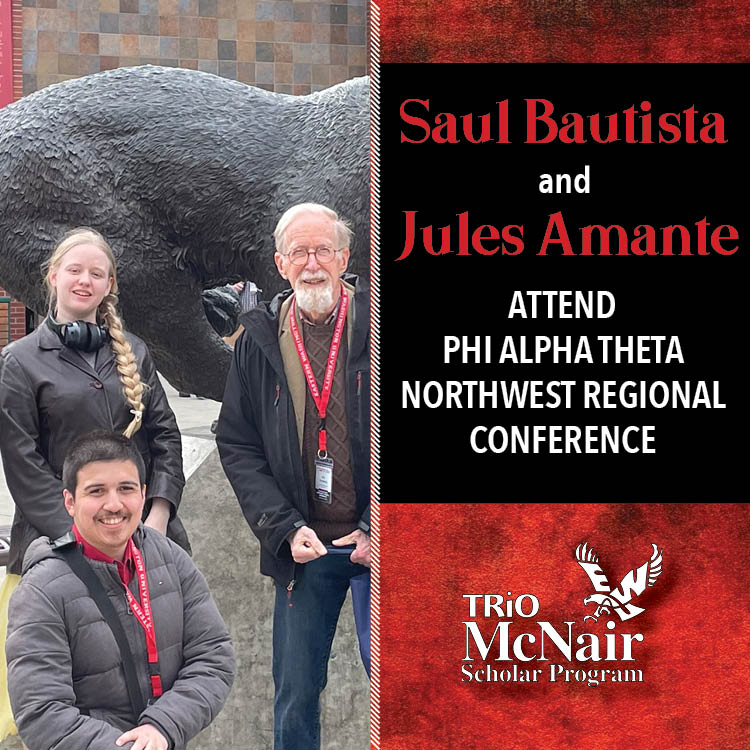
EWU McNair Scholar Saul Bautista and Recruit Jules Amante Attend Phi Alpha Theta Conference
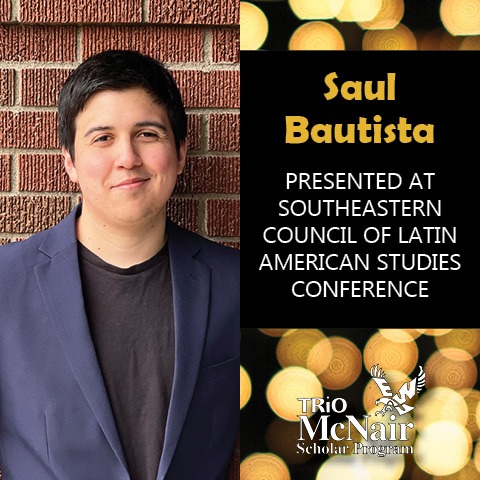
EWU McNair Scholar Saul Bautista Presents Research at SECOLAS
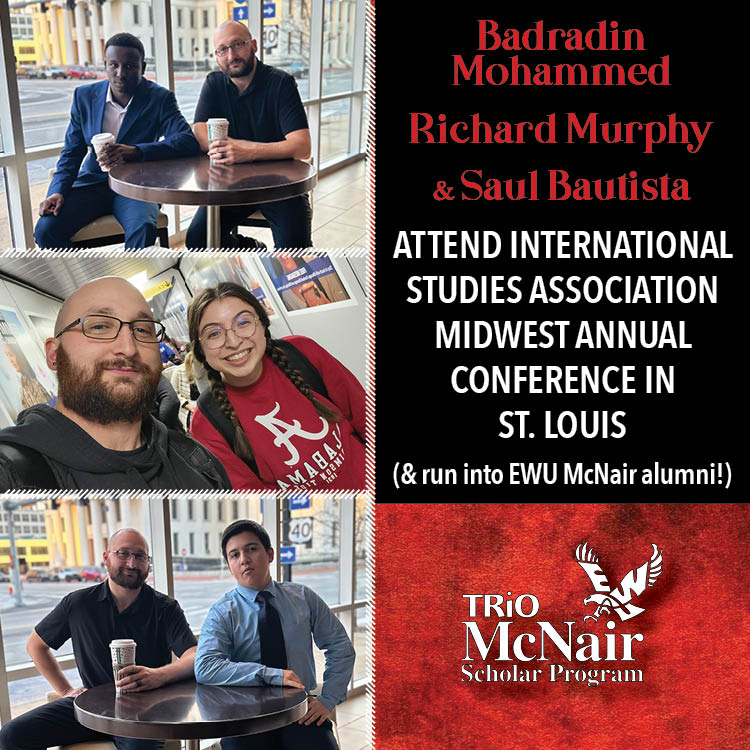
EWU McNair Scholars Present at the International Studies Association Midwest Annual Conference

